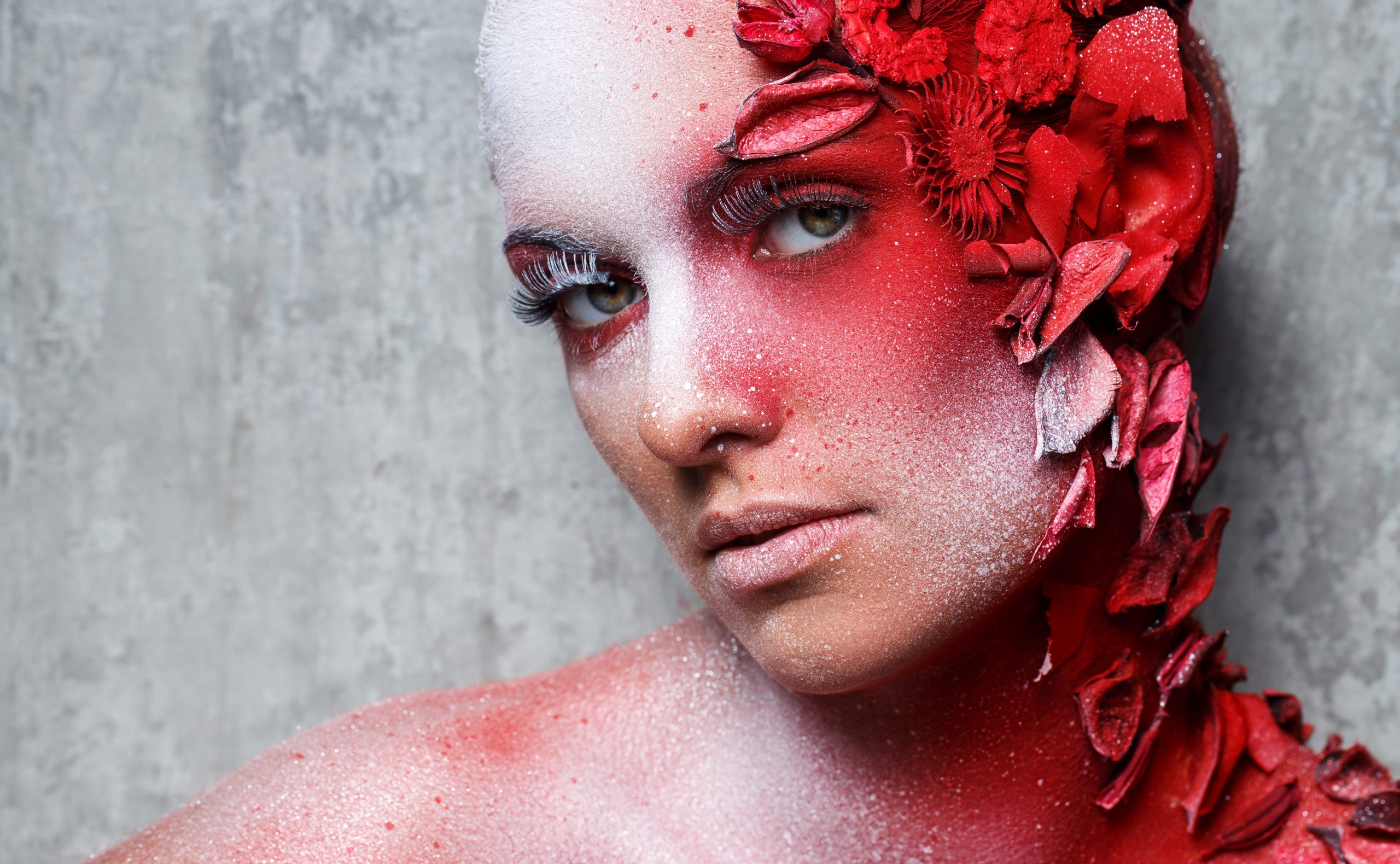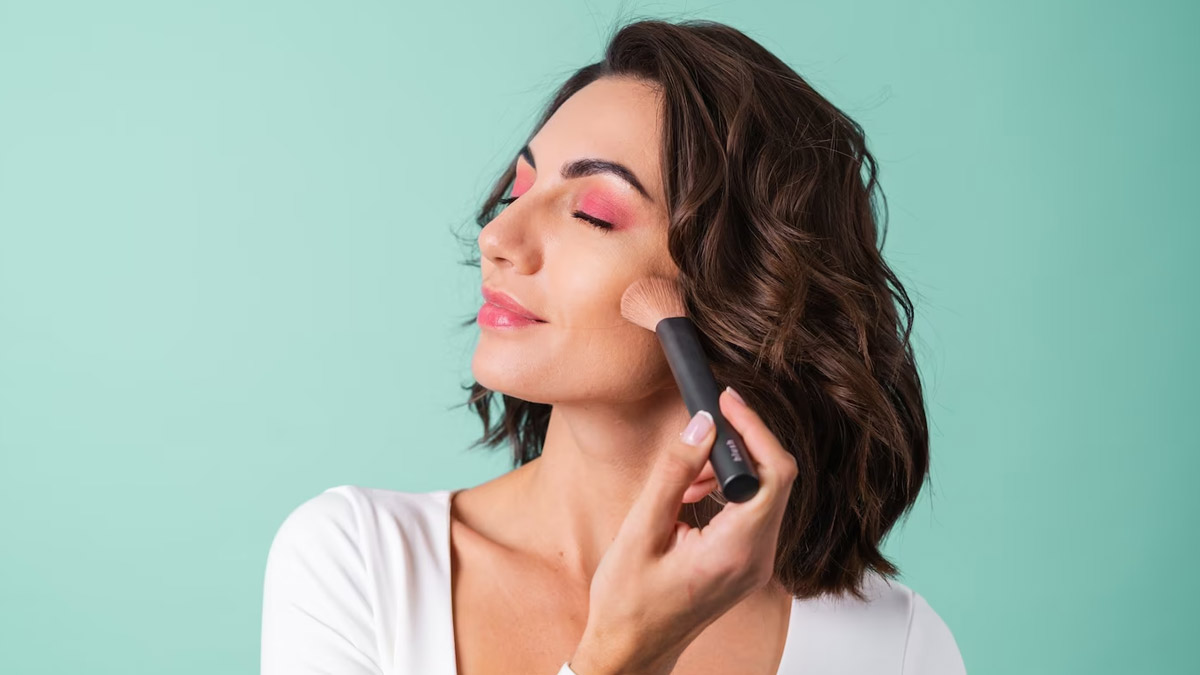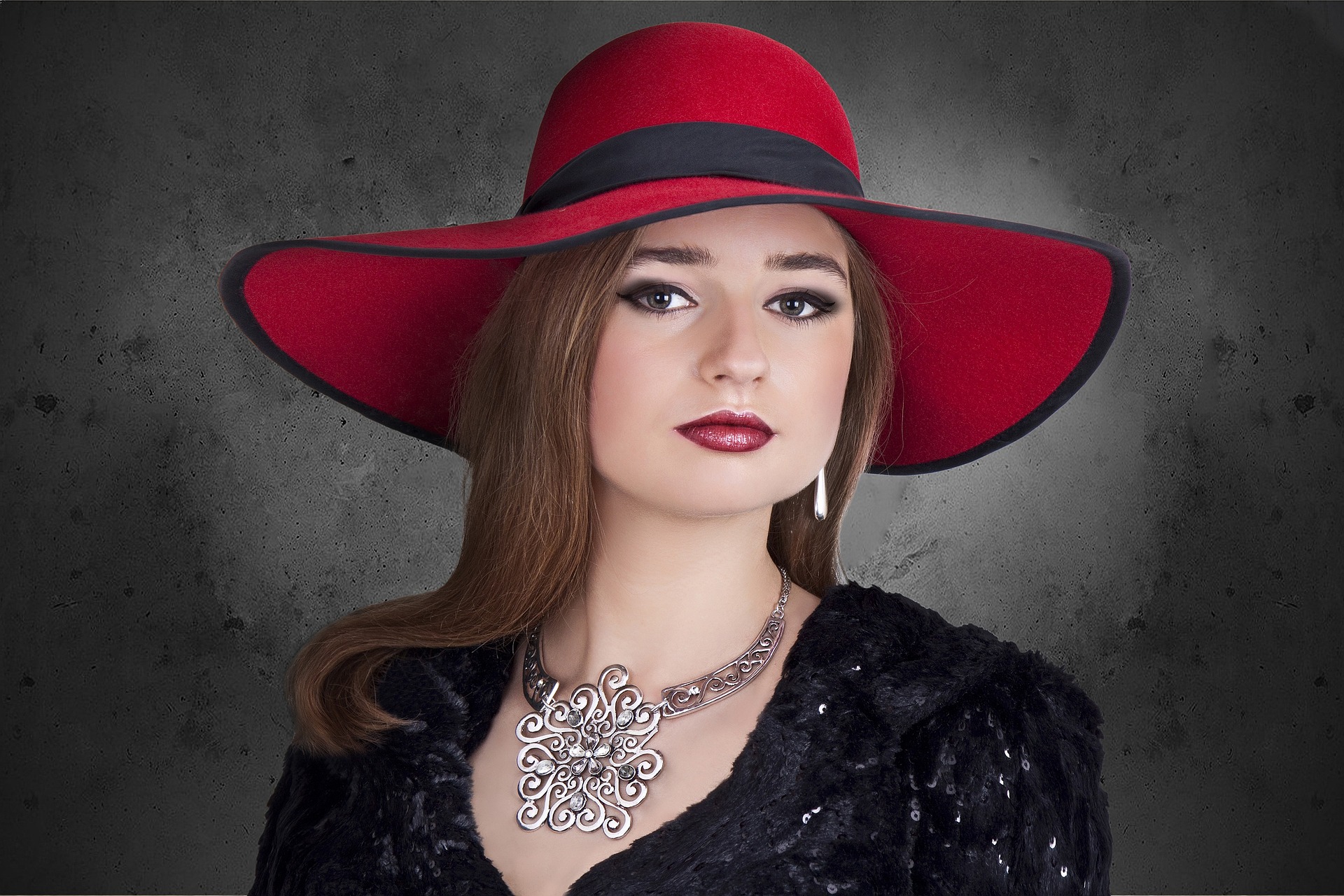The Art of Self-Expression: Exploring the Reasons Behind Makeup Application
Related Articles: The Art of Self-Expression: Exploring the Reasons Behind Makeup Application
Introduction
With great pleasure, we will explore the intriguing topic related to The Art of Self-Expression: Exploring the Reasons Behind Makeup Application. Let’s weave interesting information and offer fresh perspectives to the readers.
Table of Content
- 1 Related Articles: The Art of Self-Expression: Exploring the Reasons Behind Makeup Application
- 2 Introduction
- 3 The Art of Self-Expression: Exploring the Reasons Behind Makeup Application
- 3.1 Historical Perspectives: Makeup as a Reflection of Culture and Society
- 3.2 Modern Motives: Beyond the Surface
- 3.3 Exploring the Benefits of Makeup Application
- 3.4 FAQs about Makeup Application
- 3.5 Tips for Applying Makeup
- 3.6 Conclusion
- 4 Closure
The Art of Self-Expression: Exploring the Reasons Behind Makeup Application

The act of applying makeup is a complex one, rooted in a diverse array of motivations. It transcends the simple act of applying color and texture to the face, encompassing cultural norms, personal expression, and even psychological well-being. Understanding the reasons behind makeup application requires delving into the multifaceted nature of this practice, which has evolved significantly throughout history.
Historical Perspectives: Makeup as a Reflection of Culture and Society
The history of makeup dates back millennia, with evidence of its use found in ancient civilizations across the globe. In ancient Egypt, both men and women adorned themselves with elaborate makeup, using pigments derived from natural sources like ochre, charcoal, and henna. This practice was not merely decorative; it held religious and symbolic significance, representing social status, religious affiliation, and protection from evil spirits.
The Roman Empire also embraced makeup, with women using rouge, lipstick, and eye shadow to enhance their features. The use of makeup in this era was associated with beauty standards and social expectations, particularly for women of high social standing.
Throughout the Middle Ages, makeup fell out of favor in Europe, largely due to religious influences that associated it with vanity and immorality. However, the Renaissance saw a resurgence of makeup use, particularly in Italy, where women embraced the use of rouge, powder, and lipstick to achieve a more idealized appearance.
The 18th and 19th centuries witnessed a shift in makeup trends, with the rise of the "natural" look and the use of lighter colors and subtle application techniques. This era saw the emergence of commercial makeup products, paving the way for the modern makeup industry.
Modern Motives: Beyond the Surface
In contemporary society, the reasons for applying makeup are diverse and multifaceted. While the pursuit of beauty remains a significant motivator, a deeper exploration reveals a range of psychological, social, and cultural factors at play.
1. Enhancing Self-Confidence and Self-Esteem:
Makeup can act as a tool for enhancing self-confidence and self-esteem. By addressing perceived imperfections and highlighting desired features, individuals may feel more comfortable and confident in their appearance. This can be particularly relevant for individuals struggling with body image issues or those who feel self-conscious about specific facial features.
2. Expressing Individuality and Creativity:
Makeup offers a canvas for artistic expression and individuality. Individuals can experiment with different colors, textures, and styles to create unique looks that reflect their personality and mood. This creative outlet can be empowering, allowing individuals to express themselves in a non-verbal and visually impactful way.
3. Social Conformity and Cultural Influences:
In many cultures, makeup is seen as a social norm, particularly for women. These norms can influence individual choices regarding makeup application, with societal expectations shaping how individuals perceive and interact with the world. Makeup can serve as a tool for conforming to these expectations, facilitating social acceptance and integration.
4. Professional and Social Expectations:
In certain professional settings, makeup can be perceived as a requirement for maintaining a polished and professional appearance. This can be particularly true in industries where visual presentation plays a significant role, such as entertainment, fashion, and public relations.
5. Camouflaging Imperfections and Enhancing Features:
Many individuals use makeup to camouflage perceived imperfections, such as acne, dark circles, or uneven skin tone. This can contribute to a sense of self-confidence and improve overall appearance. Additionally, makeup can be used to enhance natural features, such as eyes, lips, and cheekbones, creating a more balanced and aesthetically pleasing look.
6. Psychological Benefits:
Studies have shown that the act of applying makeup can have positive psychological effects. The ritualistic nature of makeup application can be calming and therapeutic, providing a sense of control and self-care. Additionally, the act of transforming one’s appearance can boost mood and enhance self-esteem.
7. Cultural and Religious Practices:
In some cultures and religions, makeup holds specific cultural and religious significance. For example, in some Indian cultures, elaborate makeup is used for weddings and other ceremonial occasions, symbolizing beauty, prosperity, and good fortune. Similarly, in some religious traditions, makeup is used to enhance one’s appearance during prayer or religious ceremonies.
Exploring the Benefits of Makeup Application
While the reasons for applying makeup are varied, there are a number of potential benefits associated with this practice:
1. Enhanced Self-Confidence and Self-Esteem:
As mentioned previously, makeup can play a significant role in boosting self-confidence and self-esteem. By addressing perceived imperfections and highlighting desired features, individuals may feel more comfortable and confident in their appearance, leading to improved overall well-being.
2. Increased Social Confidence:
Makeup can contribute to increased social confidence by helping individuals feel more comfortable and self-assured in social situations. By presenting a more polished and put-together appearance, individuals may feel less self-conscious and more willing to engage with others.
3. Creative Expression and Individuality:
Makeup offers a unique platform for creative expression and individuality. Individuals can experiment with different colors, textures, and styles to create looks that reflect their personality and mood. This creative outlet can be empowering, allowing individuals to express themselves in a non-verbal and visually impactful way.
4. Professional Advantage:
In certain professional settings, makeup can be perceived as a requirement for maintaining a polished and professional appearance. By adhering to these expectations, individuals may be perceived as more competent, trustworthy, and successful, potentially leading to increased professional opportunities.
5. Psychological Well-being:
The act of applying makeup can have positive psychological effects. The ritualistic nature of makeup application can be calming and therapeutic, providing a sense of control and self-care. Additionally, the act of transforming one’s appearance can boost mood and enhance self-esteem.
6. Cultural and Religious Significance:
In many cultures and religions, makeup holds specific cultural and religious significance. This can contribute to a sense of belonging, identity, and connection to one’s heritage and traditions.
FAQs about Makeup Application
1. Is Makeup Necessary?
Makeup is not necessary, and individuals should feel free to choose whether or not to wear it based on their personal preferences and motivations. The decision to wear makeup should be driven by individual choice and not societal pressure.
2. What are the Risks of Wearing Makeup?
While makeup can offer numerous benefits, it is important to be aware of potential risks. Some individuals may experience allergic reactions to certain ingredients, while others may experience irritation or breakouts. It is essential to choose high-quality products and conduct patch tests before applying makeup to the entire face.
3. How Can I Choose the Right Makeup for My Skin Type?
Different skin types require different types of makeup products. Individuals with oily skin should opt for oil-free formulas, while those with dry skin should choose hydrating products. Consulting with a makeup artist or dermatologist can help determine the best products for your specific skin type.
4. Is Makeup Harmful to the Skin?
While some makeup products may contain ingredients that can irritate or damage the skin, many modern makeup products are formulated with gentle and safe ingredients. It is important to choose high-quality products and remove makeup thoroughly at the end of the day.
5. What are the Trends in Makeup Application?
Makeup trends are constantly evolving, influenced by fashion, culture, and social media. Current trends include natural-looking makeup, bold lips, and creative eye looks. It is important to experiment and find styles that suit your personal preferences.
Tips for Applying Makeup
1. Preparation is Key:
Before applying makeup, it is essential to cleanse and moisturize the skin. This helps create a smooth canvas for makeup application and prevents product from clinging to dry patches.
2. Choose the Right Products:
Select makeup products that are appropriate for your skin type and desired look. Experiment with different brands and formulas to find products that suit your needs.
3. Start with a Primer:
A primer helps create a smooth base for makeup application, extending its wear time and preventing it from creasing or fading.
4. Use a Foundation Brush:
A foundation brush helps to blend foundation evenly, ensuring a natural-looking finish.
5. Set with Powder:
Setting powder helps to absorb excess oil and prevent makeup from smudging or fading throughout the day.
6. Practice Makes Perfect:
Applying makeup takes practice. Don’t be afraid to experiment with different techniques and looks until you find what works best for you.
7. Remove Makeup Thoroughly:
It is essential to remove makeup thoroughly at the end of the day to prevent clogged pores and breakouts. Use a gentle makeup remover and cleanse your face thoroughly.
Conclusion
The reasons for applying makeup are as diverse as the individuals who choose to do so. From enhancing self-confidence and expressing individuality to conforming to social norms and fulfilling professional expectations, makeup plays a multifaceted role in contemporary society.
While the pursuit of beauty remains a significant motivator, understanding the deeper motivations behind makeup application reveals a complex interplay of cultural, social, and psychological factors. By embracing the diverse reasons for applying makeup, we can appreciate its role as a tool for self-expression, empowerment, and personal well-being.








Closure
Thus, we hope this article has provided valuable insights into The Art of Self-Expression: Exploring the Reasons Behind Makeup Application. We appreciate your attention to our article. See you in our next article!